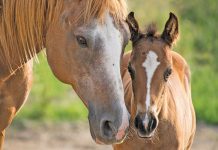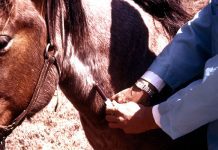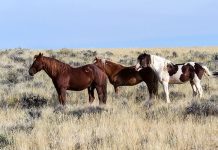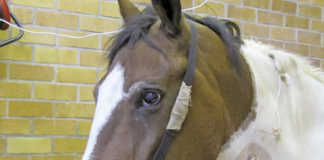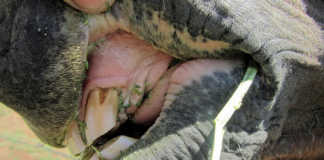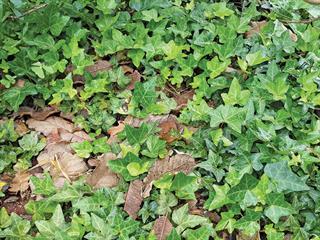
I love gardens. The first thing I look at when I visit a new yard is the garden and paddock. There is nothing more satisfying than a beautiful flower garden in full bloom. Lavender planted around a stable yard helps bring calm and marigold keeps pesky bugs away, while chamomile can help ease a mild colic.
Having plants about the stables can bring a wonderful balance to the yard. But beware: certain plants can be toxic if consumed by your horse. These include the following:
- Foxglove (digitalis purpurea): This biennial plant stands around 150cm high and has red, purple-white or pink helmet-shaped flowers. The plant contains cardiac glycosides, a group of organic substances that acts on the heart muscle. Signs of poisoning include diarrhoea, abdominal pain (colic), irregular pulse, tremors and convulsions. It is not common for a horse to eat foxglove, but once it has, it normally develops a craving for it. Foxglove does not lose its toxicity when dry and is equally dangerous if found in hay.
- Ground ivy (glechoma hederacea): This is the creeping ivy used in herbal medicine as a blood cleanser, tonic and a diuretic. The leaves are said to reduce inflammation. Symptoms of poisoning in a horse include accelerated weak pulse, difficulty in breathing, an elevated temperature and dizziness. Contact your vet as soon as possible if you see any of these.
- Acorns: Although most horses with adequate forage and hay ignore acorns due to their bitter taste, some develop a taste for them, standing under an oak tree all day eating its acorns, leaves and bark. These contain tannic acid, which causes kidney and liver damage in horses.Unless the horse has a history of eating acorns, diagnosis is difficult. Signs include dehydration, a poor coat and loss of appetite. Affected horses tend to urinate frequently and, in the early stages of poisoning, are constipated. Excessive salivation can occur and mucous membranes are pale. The horse’s heart rate is slow or irregular. In the later stages of acorn poisoning, mouth ulcers may form. The horse may become very thin, suffer from choke or show signs of colic. In the most extreme cases, laminitis may develop, the horse’s kidneys may fail and other organs may haemorrhage. When the liver and kidneys are affected, death occurs unless treatment is administered. There is no antidote for acorn poisoning, so all treatment is supportive. Because the main problem is dehydration, your vet will put up a drip to prevent kidney failure. The IV fluids will help the circulatory system to stay active and prevent shock in very bad cases.


